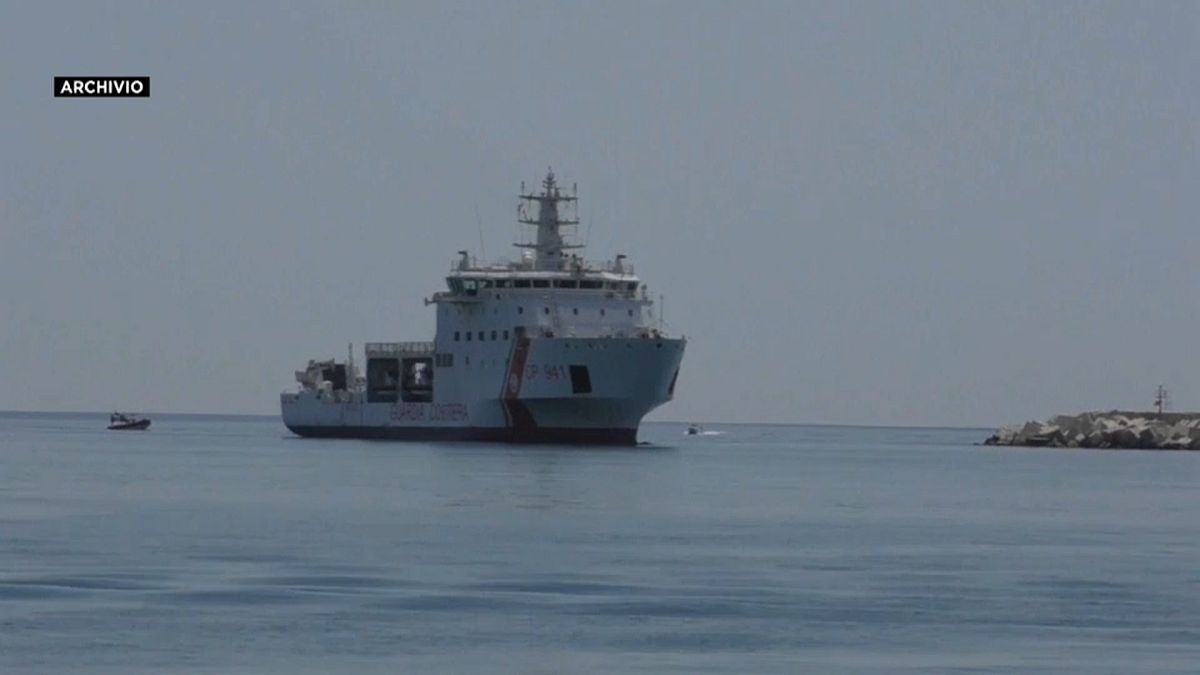Italy says Malta should be sanctioned over its actions regarding the Diciotti coast guard ship while Malta accuses Italy of deliberately picking up 177 migrants in Maltese waters to prevent them reaching Italian waters
A diplomatic row between Italy and Malta is deepening over the Italian Coast Guard vessel Diciotti. The ship has been at sea off the island of Lampedusa for the past four days with 177 migrants on board. Over the past couple of days, the two countries have been arguing on social media over where the vessel should dock. While the ship awaits instructions, Italy and Malta appear to be deadlocked.
Italian Transport Minister Danilo Toninelli tweeted on Sunday that when it comes to saving lives Italy does not hold back, adding that Malta should be sanctioned for refusing the let the vessel dock. Interior Minister Matteo Salvini warned that if the EU doesn't step in the alternative is to send the migrants back to Libya.
The Maltese Interior Minister, Michael Farrugia, told euronews Italy should allow the migrants to disembark in Lampedusa or any other Italian port.
Hitting back at Salvini and Toninelli he tweeted that the Italians had deliberately picked up the migrants in Maltese waters to stop them reaching Italian waters.
The worsening row has not escaped the attention of the European Union.
Referring to the Diciotti case, the European Commission spokesperson on migration, Tove Ernst, said the EU is closely following events. She added that sustainable solutions are needed and not ad hoc ones. Despite EU efforts to find common ground on migration, it's still a divisive issue.
